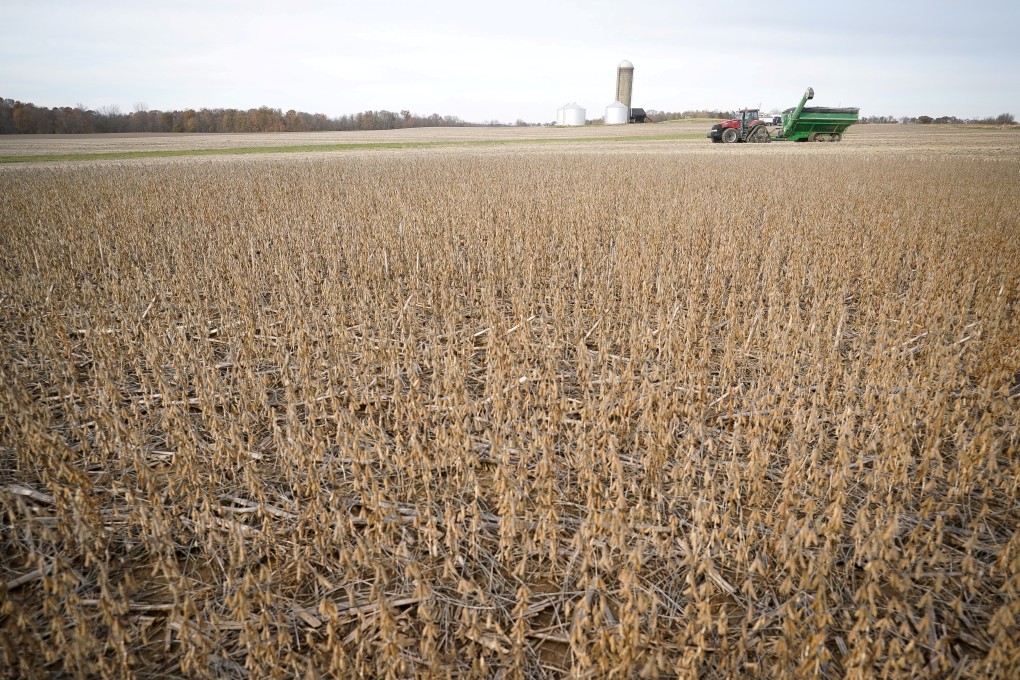Advertisement
Opinion | Coronavirus pandemic is hastening the death of the globalised order and the rise of a ‘me first’ world
- Control of critical resources will provide new sources of power for the short list of countries that possess them
- The accelerated shift to digital and gig economies will highlight the gap between those who can adapt and those who cannot
Reading Time:3 minutes
Why you can trust SCMP

Not all aspects of our near and medium-term future can be foreseen at this juncture of the coronavirus pandemic, but we know enough to make some hypotheses about what is likely to change based on what has already changed. The future is sure to look very different than it did before this decade began, regardless of whether a vaccine is found.
Advertisement
If a vaccine is found, it is unlikely to be tested, approved, manufactured and efficiently distributed to the world’s population of nearly 8 billion people for years. Bearing in mind there is no vaccine for any coronavirus, what is likelier is that the world will live with this disease as a part of our ecosystem for many years to come – possibly permanently. That means our new normal is probably already here.
Globalisation was already slowing down before the pandemic. Now, it is has started to reverse. Global supply chains are being redefined, consumers are changing their purchasing habits and economic nationalism has taken firm hold in many countries.
In a world in which “me first” is the norm, domestic production of goods will take precedence over those found internationally where and when possible.
Those countries blessed with abundant natural resources will benefit greatly, as will those that are agriculturally self-sufficient. That is a relatively short list, however. For example, Australia alone produces 54 per cent of global iron ore exports, more than 80 per cent of the world’s soybeans are produced by just three countries (Argentina, Brazil and the United States) and three countries produce 42 per cent of the world’s oil supply (Saudi Arabia, Russia, and the United States).
As national budgets become more stretched to address the virus, those countries controlling the supply of such critical resources will wield greater power.

Advertisement
